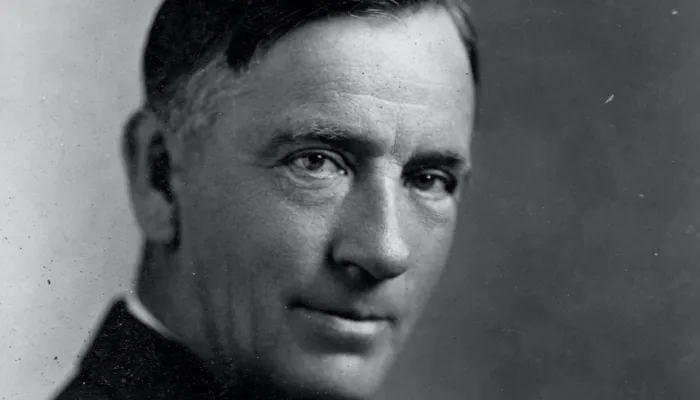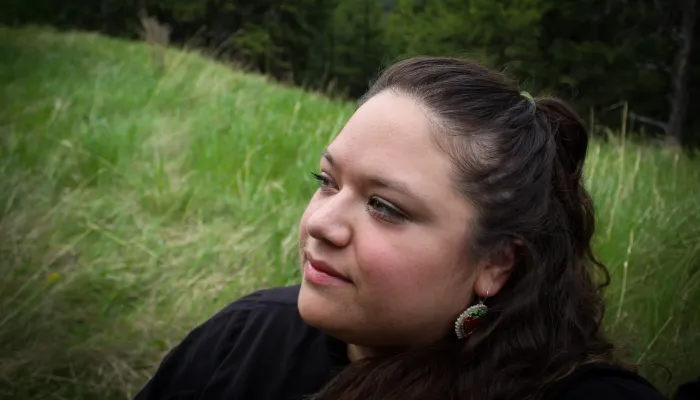Leanne Betasamosake Simpson
Biography
Leanne Betasamosake Simpson is a poet, spoken word artist, musician, academic, and activist. She’s written three books, including a book of short stories called Islands of Decolonial Love. In 2014, she received the RBC Taylor Emerging Writer Award for her non-fiction. She is of Michi Saagiig Nishnaabeg ancestry and a member of Alderville First Nation.
Micro-interview
I did not read poetry in high school other than song lyrics, which I loved and these have remained very influential to me to this day. Songwriters can be awesome poets. The first poet I ever connected hardcore to was Lillian Allen in university. Go youtube her speaking her poems right now! She is an instrument.
I wrote poetry in my early twenties at university and then I stopped for a long time. I guess I’m a lot of things in my life and almost all of that involves storytelling in one form or another. I like amplifying and falling into the tiny moments of life. Poetry is a way to do that.
I think my job as an Indigenous artist is to hold space for my community so that we can hear and see and recognize ourselves in each other’s stories. I think one of the responsibilities of Indigenous artists is to help our people survive the struggle against colonialism, capitalism, gender violence, and environmental degradation through art.
I was watching the closing of the Truth and Reconciliation Commission and I felt angry, not reconciled. While some incredible work came out of the TRC and some survivors found solace in it, the Canadian government was not honourable and forthcoming in the TRC process, and it felt manipulative to me. If felt like this was a process to neutralize Indigenous anger without talking about returning land, sharing power, and decolonizing Canada. Canada tried to assimilate Indigenous peoples, mistakes were made, it didn’t work. I am still here. I am graffiti.
I narrowed it down to “From thirsty” by Dionne Brand, because I don’t write like Dionne Brand and it would be challenging to figure out how to deliver such a gorgeous poem. I also picked “War” by Lee Maracle, because I can identify with every word and Lee just really opened so many doors for Indigenous women writers in Canada, and “Trash” by Jon Paul Fiorintino. I think I’d pick “Trash” because reciting it as an Indigenous woman adds another layer of meaning to it, it transforms it from Fiorintino’s original idea. I like that intervention. It becomes a commentary about colonialism and dispossession and home and disconnection. It sort of turns the tables a little and makes me the anthropologist, the one observing, the one judging, and gazing. And I’m a sucker for satire.


